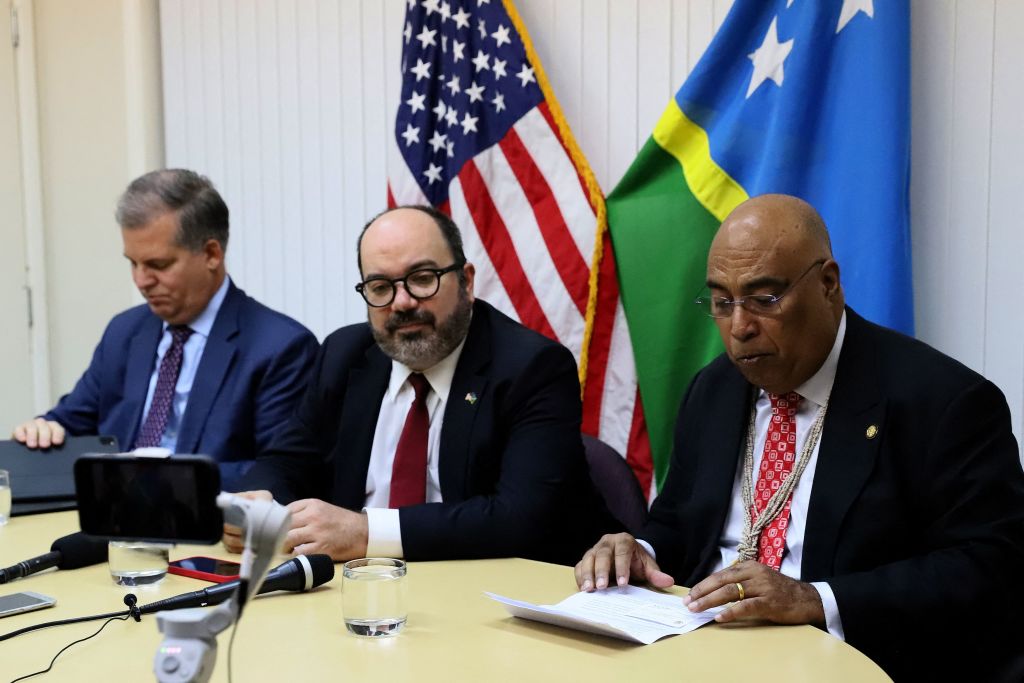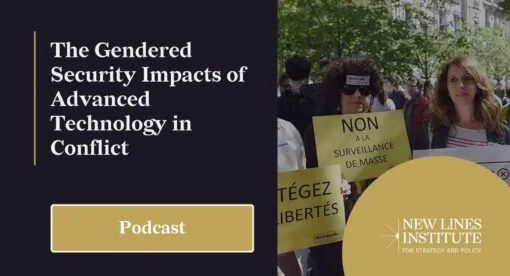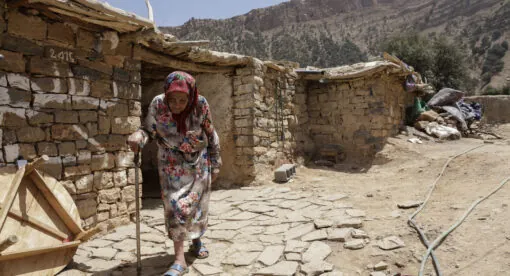Executive Summary
China is attempting to expand its influence across the Pacific by funding the adoption of its own information and communications technology (ICT) networks. This effort could threaten the health and stability of Pacific democracies, free commerce, and human security by fostering dependence on authoritarian Chinese diplomacy and creating vectors for Chinese cyber manipulation. Australia, Japan, and other regional allies and partners are at risk, as the expansion of Chinese ICT networks into Pacific infrastructure requires integration with their own.
The U.S. should pursue a sustained diplomatic effort on ICT to counter Chinese efforts in the Pacific Islands, taking a proactive role in building regional communications infrastructure and fostering deeper cyber partnerships. In addition to the construction of physical cables and towers, the U.S. should engage with Pacific Island decision makers to build local expertise that can maintain projects once established. Environmental, economic, and developmental issues are top concerns for Pacific Island countries. Framing ICT development as a route to address these issues rather than a pure competition with China, will be essential to programmatic success. This will require congressional funding that enables the departments of State, Defense, Commerce, and Homeland Security to coordinate with local governments and private industry.
KEY TAKEAWAYS
- U.S. policy toward the Pacific Islands has been reactive and ill structured and has failed to address regional needs, creating opportunities for China to engage Pacific Island countries and expand its regional influence. Congressional action is required to fund and direct federal agency efforts to create a coherent strategy to outcompete China.
- U.S. support for ICT development can aid Pacific Island countries in building up basic governance tools and should be paired with improving local human capital and professional knowledge.
- U.S. policy should be tailored to the needs of specific island countries; a blanket regional approach will be ineffective.
POLICY RECOMMENDATIONS
- Foster deeper engagement with local decision makers by expanding the Cybersecurity and Infrastructure Security Agency’s programing and authority and fostering cross-agency engagement with existing Australian cyber programs.
- Fund expansion of broadband internet access in Pacific Island countries, with conditions based on infrastructure built against Chinese state meddling.
- Develop information sharing mechanisms modeled off of Singapore’s Information Fusion Centre to provide actionable intelligence to Pacific Island governments and regional decision makers.
- Fund and lead training and workshops to empower Pacific Island decision makers and cybersecurity experts to develop the appropriate policy, legal, and regulatory frameworks.
- Fund and coordinate efforts to improve digital literacy.







